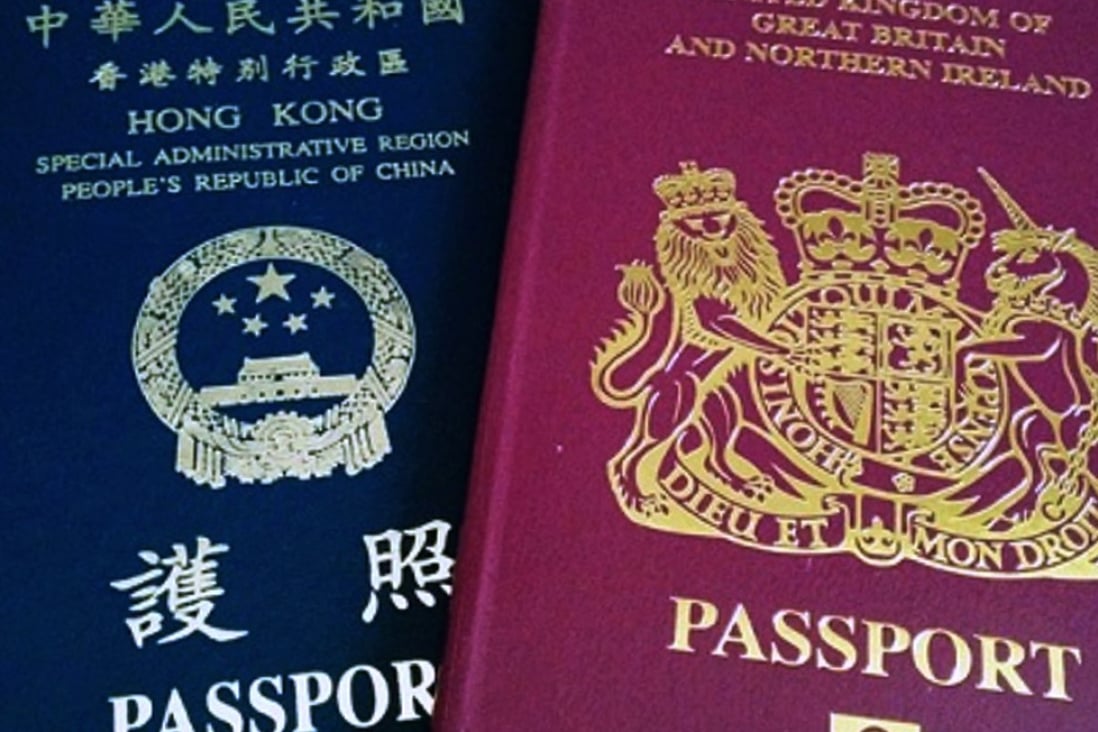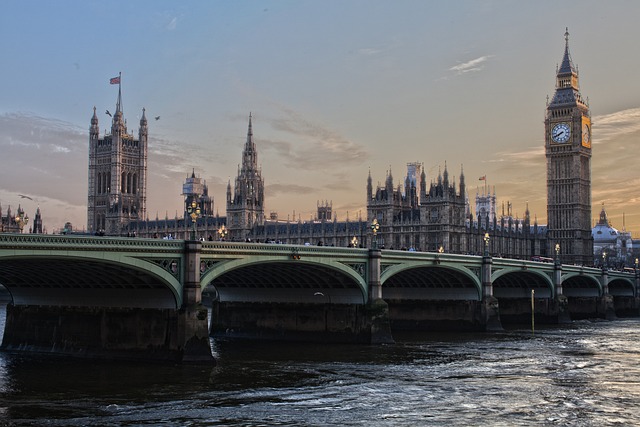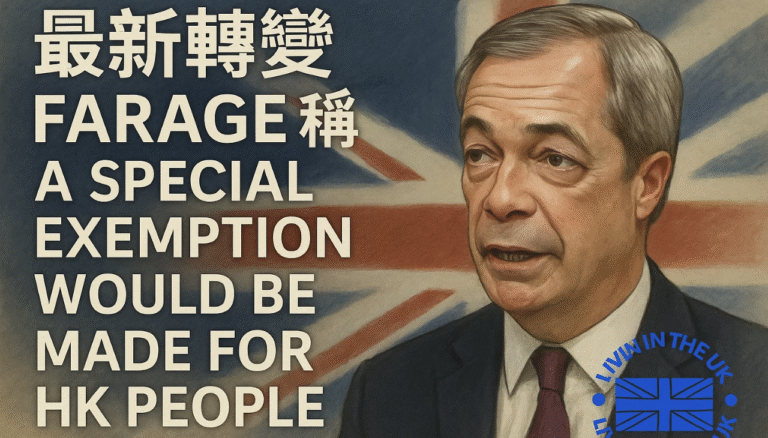
繼印度決定取消對HKSAR護照持有者的免簽證安排後,哪些國家可能會效仿? 本文將探討台灣、菲律賓和越南的潛在情境,考慮有爭議的邊界爭端和經濟利益,以及這些發展如何提高英國國民(海外)(BNO)護照的重要性。
HKSAR(香港特別行政區)護照是一種中國護照,因為香港是中華人民共和國(PRC)的特別行政區。然而,這種指定帶來了一系列獨特的含義和複雜性,使其與標準的PRC護照有所不同。
其中一個關鍵的區別是“一國兩制”原則,這個原則旨在確保自1997年英國將主權移交給中國後,香港居民在50年內擁有高度自治權以及獨特的權利和自由。這一原則被載入HKSAR基本法,其中包括維持獨立的移民系統和護照的規定。
然而,近年來,人們對承諾的自由侵蝕和北京對香港控制的加強引起了擔憂和爭議。這些發展使人對HKSAR護照的未來以及其與標準的PRC護照的區別性產生了越來越多的懷疑。
HKSAR護照面臨由於地緣政治緊張局勢和國際關係而可能對多個國家的免簽證旅行產生潛在限制。
1. 台灣:台灣海峽的緊張局勢
台灣海峽一直是中華民國與中國大陸關係中具爭議性的地區。隨著中華人民共和國(PRC)試圖主權台灣,台灣一直在加強與承認其主權的國家的外交和經濟關係。台灣可能會重新評估對HKSAR護照持有者的簽證安排, 可能會增加更多限制,以避免被認為是支持PRC的利益。
2. 菲律賓:南海爭端
南海的領土爭端使菲律賓在與中國的關係方面處於一個微妙的位置。菲律賓一直在試圖在主張其領土主張和促進與中國的經濟合作之間取得平衡。考慮到西菲律賓海爭端的爭議性問題,菲律賓可能會重新考慮對HKSAR護照持有者的免簽證安排,以作為外交籌碼。
3. 越南:南海和工廠生產
與菲律賓一樣,越南在南海存在領土爭端,涉及中國大陸。此外,越南的製造業正在快速發展,與中國競爭。南海和經濟利益之間的微妙平衡可能會影響越南對HKSAR護照持有者的簽證安排的決定。越南可能會謹慎行事,以保護其在經濟和領土領域的利益。
BNO護照的崛起
隨著由於地緣政治考慮而導致HKSAR護照持有者的免簽證安排可能變得更為受限,英國國民(海外)(BNO)護照可能會變得更為重要。BNO護照為持有人提供各種特權,包括在英國居住和工作的權利。考慮到英國政府決定為符合條件的香港BNO護照持有者提供入籍途徑,其重要性已大幅提高。
結論
印度取消HKSAR護照持有者的免簽證安排引發了對其他國家的這些特權未來的問題。地緣政治緊張局勢、領土爭端和經濟利益都在塑造這些決策。隨著台灣、菲律賓和越南應對這些複雜性,BNO護照崭露頭角, 越嚟越顯得重要。
Please join our whatsapp broadcast list: https://chat.whatsapp.com/BEB72AfsMWUA3TVliRFzau and our facebook and whatsapp groups: https://livinintheuk.com/archives/42/
The Changing Landscape of Visa-Free Travel for Hong Kong SAR Passport Holders
In a rapidly evolving world, international relations and geopolitical tensions often have a profound impact on visa arrangements for passport holders of various nations. One such passport that has seen its visa-free privileges fluctuate is the Hong Kong Special Administrative Region (HKSAR) passport. Following India’s decision to cancel its visa-free arrangement for HKSAR passport holders, speculation has arisen regarding which countries might follow suit. This article explores the potential scenarios for Taiwan, the Philippines and Vietnam, taking into account controversial border disputes and economic interests, and how these developments may elevate the significance of the British National (Overseas) (BNO) passport.
1. Taiwan: Tensions in the Taiwan Strait
The Taiwan Strait has long been a contentious area in Sino-Taiwanese relations. As the People’s Republic of China (PRC) seeks to assert its sovereignty over Taiwan, the island nation has been bolstering its diplomatic and economic ties with countries that recognize its sovereignty. Taiwan may consider reevaluating its visa arrangement with HKSAR passport holders to avoid perceived alignment with the PRC’s interests. However, Taiwan is also cautious about further alienating the people of Hong Kong, who share democratic aspirations.
2. The Philippines: South China Sea Disputes
Territorial disputes in the South China Sea have placed the Philippines in a delicate position vis-à-vis China. The Philippines has consistently sought a balance between asserting its territorial claims and fostering economic cooperation with China. With the controversial issue of the West Philippine Sea in mind, the Philippines could reconsider its visa-free arrangement for HKSAR passport holders as a means of diplomatic leverage.
3. Vietnam: The South China Sea and Factory Production
Vietnam, like the Philippines, has territorial disputes in the South China Sea with the PRC. Additionally, it has a growing manufacturing sector that competes with China. The delicate balance between these interests may influence Vietnam’s decision regarding visa access for HKSAR passport holders. Vietnam could opt for caution to safeguard its interests in both the economic and territorial spheres.
The Rise of the BNO Passport
As visa-free arrangements for HKSAR passport holders potentially become more restricted due to geopolitical considerations, the British National (Overseas) (BNO) passport may gain prominence. The BNO passport offers its holders various privileges, including the right to live and work in the United Kingdom. With the UK government’s decision to provide a pathway to citizenship for eligible BNO passport holders from Hong Kong, its significance has increased dramatically.
The cancellation of visa-free arrangements for HKSAR passport holders by India has raised questions about the future of these privileges in other countries. Geopolitical tensions, territorial disputes, and economic interests all play a role in shaping these decisions. As Taiwan, the Philippines, Malaysia, and Vietnam navigate these complexities, the BNO passport emerges as an attractive alternative for Hong Kong residents seeking international mobility and security, further emphasizing the evolving dynamics of international relations in the region. The fate of HKSAR passport holders in terms of visa-free access remains uncertain, but it undoubtedly reflects broader geopolitical shifts and considerations.



